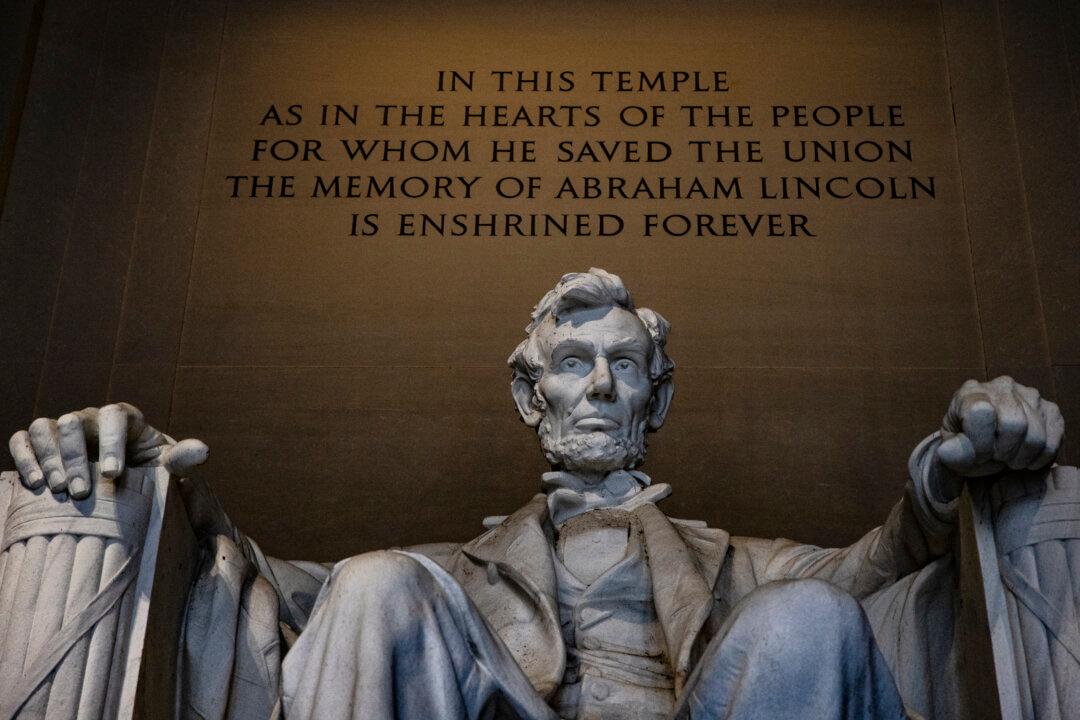Commentary
As we celebrate our independence on the Fourth of July, Americans would do well to reflect upon what’s necessary for a nation conceived in liberty, and dedicated to the proposition that all men are created equal, to long endure.

As we celebrate our independence on the Fourth of July, Americans would do well to reflect upon what’s necessary for a nation conceived in liberty, and dedicated to the proposition that all men are created equal, to long endure.